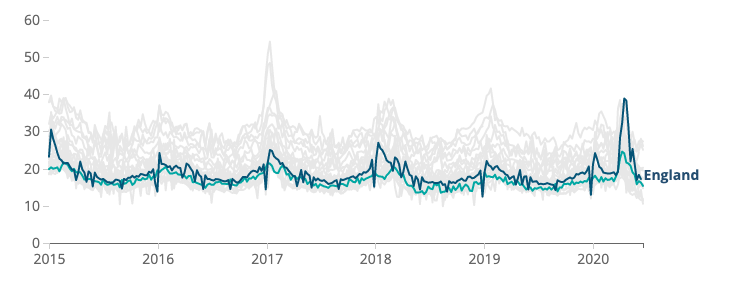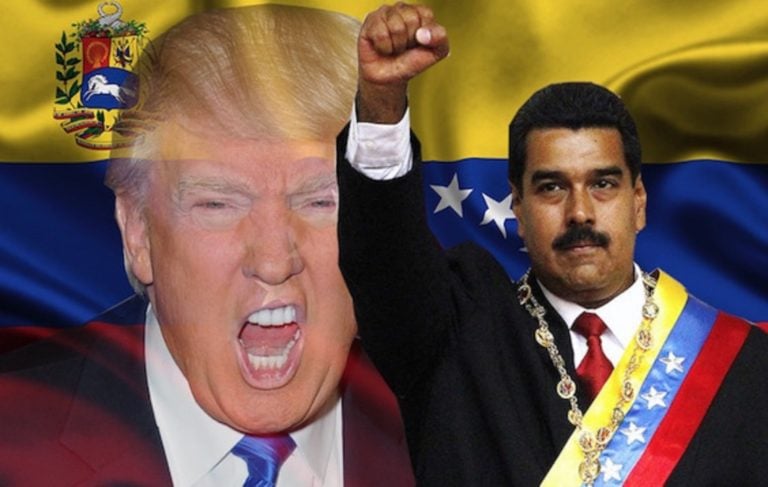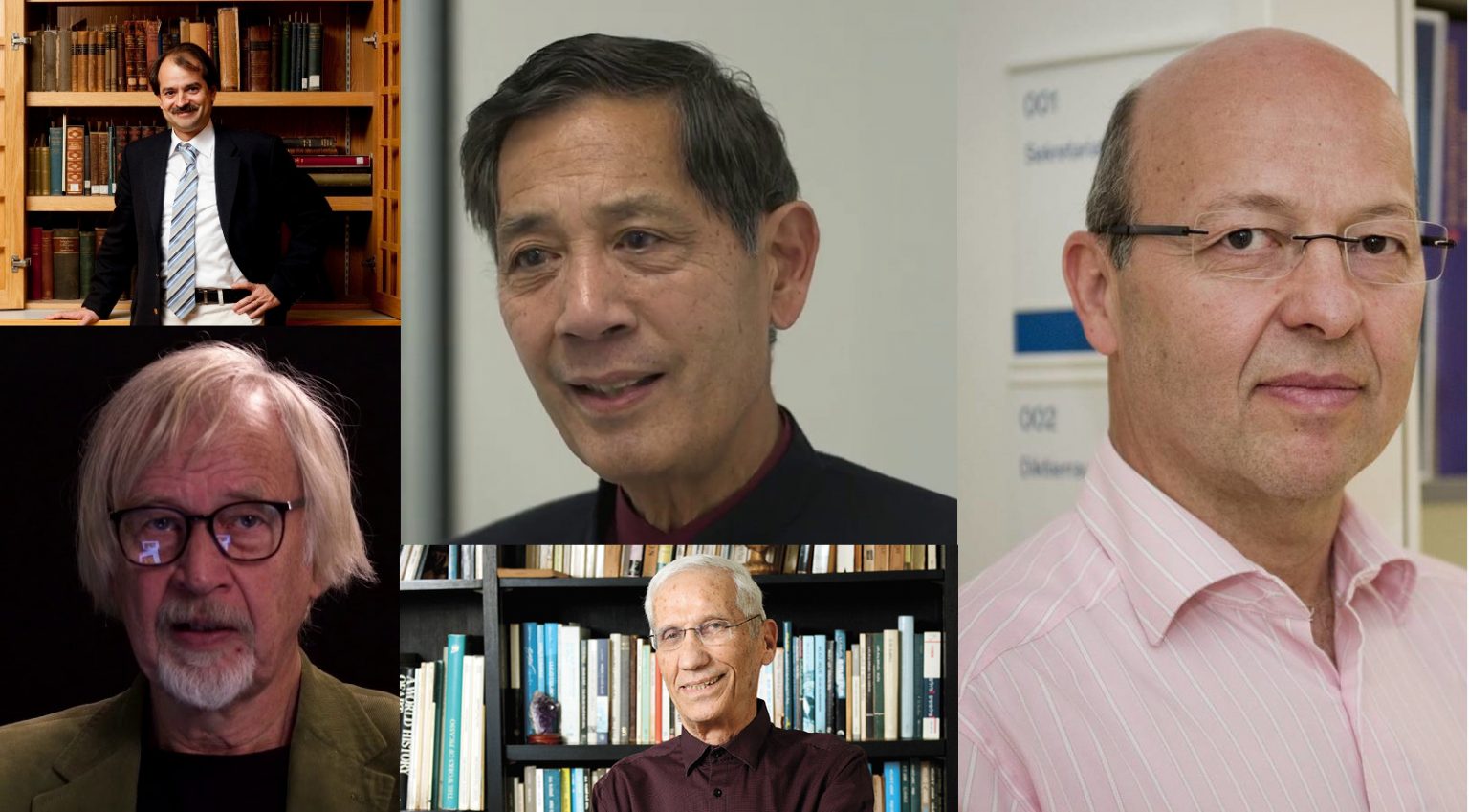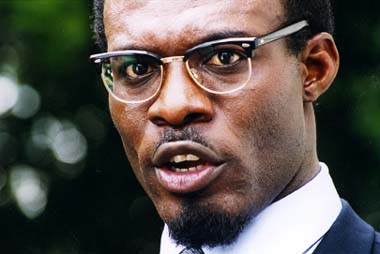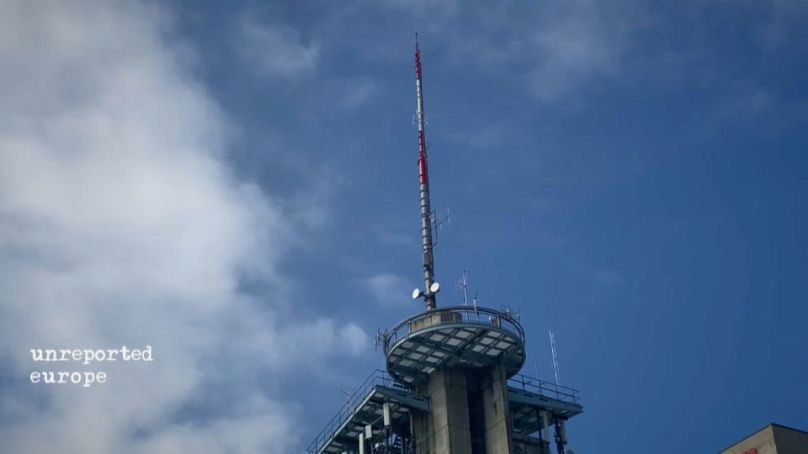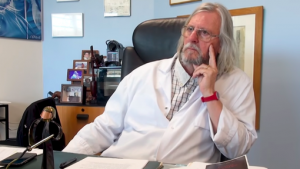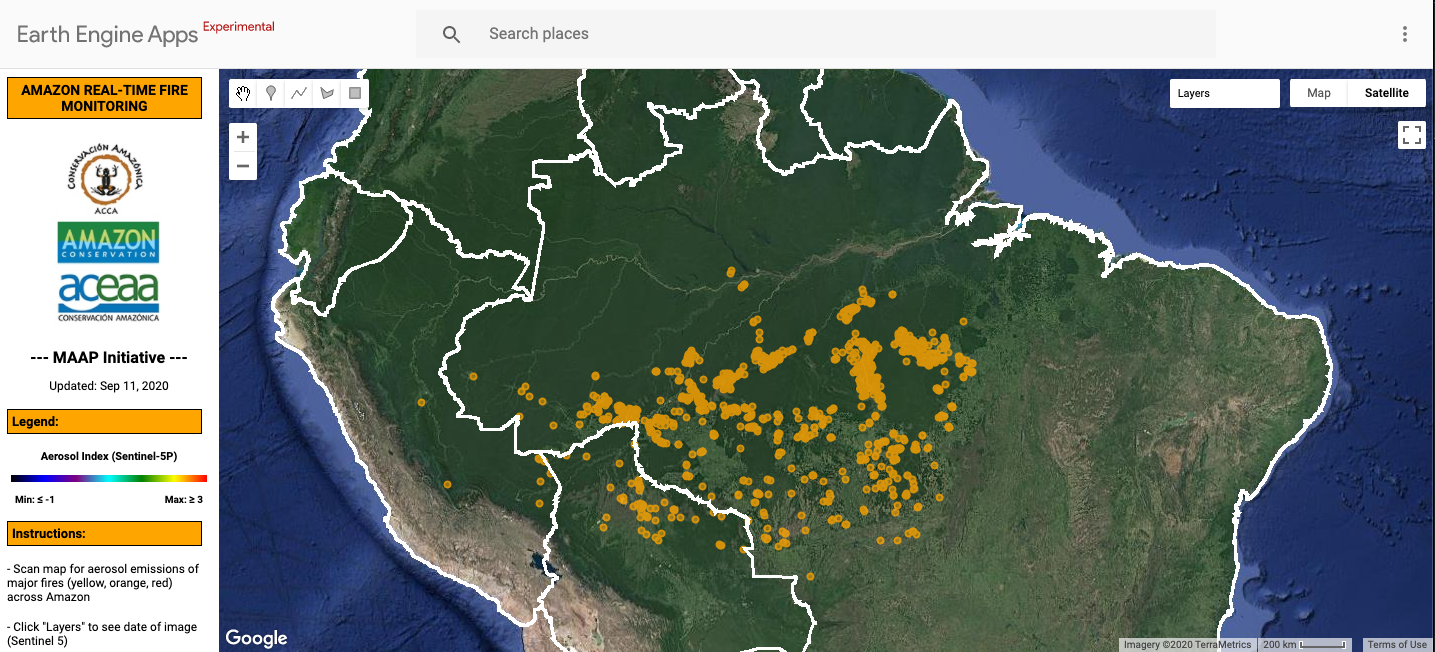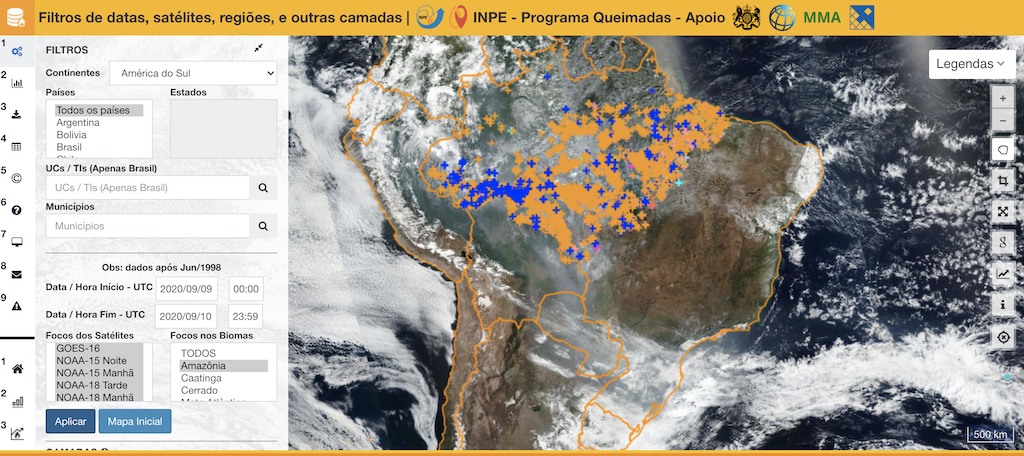Check here for the latest update to this list.
As Julian Assange fights U.S. extradition at the Old Bailey in London, over one hundred eminent political figures, including 13 past and present heads of state, numerous ministers, members of parliament and diplomats, have today denounced the illegality of the proceedings and appealed for Assange’s immediate release.
The politicians from 27 different countries and from across the political spectrum have joined 189 independent international lawyers, judges, legal academics and lawyers’ associations by endorsing their open letter to the UK Government warning that the U.S. extradition request and extradition proceedings violate national and international law, breach fair trial rights and other human rights, and threaten press freedom and democracy.
Politicians endorsing the call to free Julian Assange include Jeremy Corbyn, former Prime Minister of Spain, Luis Zapatero, several members of the European Parliament, former presidents of Brazil, Lula da Silva and Dilma Roussef, and Australian parliamentarians from the cross-party parliamentary group to free Assange.
Kenneth MacAskill, Member of UK Parliament, former Justice Secretary of Scotland, and lawyer, commented, “This is a political crucifixion not legal process and is about seeking to bury truth and those exposing it.”
The unprecedented appeal to the UK government by the international political community follows concerns raised by Amnesty International, the Council of Europe, The American Civil Liberties Union, Reporters Without Borders, Human Rights Watch, and numerous other rights organisations regarding the chilling effect Assange’s prosecution will have on press freedom. Amnesty International’s petition calling for the U.S. Government to drop its charges against Assange has garnered over 400,000 signatures.
Today marks the beginning of the third week of the extradition hearings, which have drawn wide criticism for failing to uphold the principle of open justice by preventing independent observers including from Amnesty International, PEN Norway and others from monitoring the trial.
The Trump administration is seeking Mr Assange’s extradition from the UK to prosecute him under the Espionage Act for his work as a journalist and publisher. The 2010 publications, on which the U.S. government’s attempted prosecution is based, brought to light a range of public interest information, including evidence of U.S. war crimes in Iraq and Afghanistan.
Last week during the hearing the court heard that Julian Assange and WikiLeaks undertook careful redaction processes to protect informants, that no informants are known to have been harmed by their publications, and that Julian Assange and WikiLeaks were not responsible for publishing un-redacted cables. Nevertheless, the prosecution asserted the right of the U.S. to prosecute all journalists and all media who publish classified information.
Quotes:
Luiz InácioLula da Silva, President of Brazil (2003-2010), Honorary citizen of the City of Paris (2020), Nobel Prize Nominee (2018):
“If the democrats of the planet Earth, including all journalists, all lawyers, all unionists and all politicians, have no courage to express themselves in defence of Assange, so that he is not extradited, it means we have a lot democrats out there who are liars. Assange should be perceived as a hero of democracy. He does not deserve to be punished. I hope the people of the UK, the people of France, the people of the United States will not allow this atrocity. As was the knee of a policeman killing a black man, this will be the knees of millions of governors from around the world suffocating Assange so that he dies. And we do not have the right to allow that.”
Andrew Wilkie MP, Independent Member for Clark and Co-Chair of the Bring Julian Assange Home Parliamentary Group:
“Julian Assange is being politically persecuted for publishing information that was in the public interest, including hard evidence of U.S. war crimes. That the perpetrator of those war crimes, America, is now seeking to extradite Mr Assange is unjust in the extreme and arguably illegal under British law. If it goes ahead, not only would Mr Assange face 175 years in prison, but the precedent would be set for all Australians, and particularly journalists, that they are at risk of being extradited to any country they offend.”
Mikuláš Peksa, Member of European Parliament, Member of the Committee on Industry, Research and Energy:
“Freedom of speech remains a crucial value in the beginning of the 21st century. Despite it sometimes revealing inconvenient truths, we shall do our best to protect it.”
Open Letter: http://www.lawyersforassange.org/en/open-letter.html
Political endorsements: http://www.lawyersforassange.org/en/endorsements.html
Legal signatories: https://www.lawyersforassange.org/en/signatories-all.html
Contact: [email protected]
Full list of political endorsements:
Heads of State
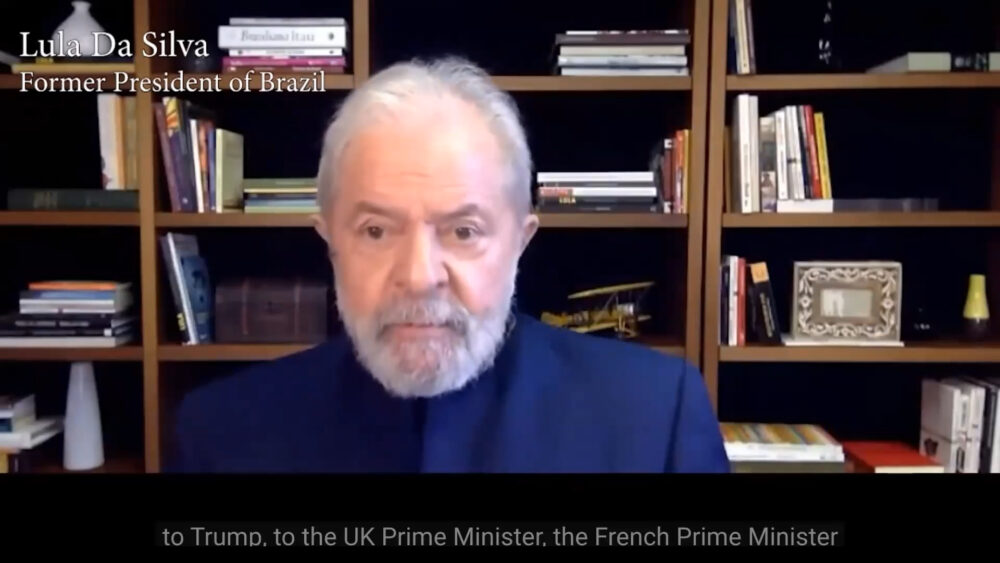
1. Alberto Fernández, President of Argentina (2019), lawyer, Professor of Criminal Law (University of Buenos Aires), former Chief of the Cabinet of Ministers, adviser to Deliberative Council of Buenos Aires and the Argentine Chamber of Deputies, deputy director of Legal Affairs of the Economy Ministry, Argentina
2. Cristina Fernández de Kirchner, Vice President of Argentina (2019), President of Argentina (2007-2015), lawyer, Argentina
3. Dilma Rousseff, President of Brazil (2011-2016),economist, former Minister of Energy and former Chief of Staff of the Presidency of the Republic, Brazil
4. Ernesto Samper, President of Colombia (1994-1998),lawyer, economist, former Secretary General of UNASUR, Senator of the Republic and Minister of Economic Development, Ambassador of Colombia in Spain, Colombia
5. Evo Morales Ayma, President of Bolivia (2006-2019), trade unionist, activist and Bolivian leader of Aymara descent, President of the Six Federations of the Tropic of Cochabamba, Former President pro tempore of UNASUR and CELAC, Bolivia
6. Fernando Lugo, President of Paraguay (2008-2012)Senator, Roman Catholic priest and bishop, Paraguay
7. José Luis Zapatero, Prime Minister of Spain (2004-2011), lawyer, Professor of Constitutional Law at the Faculty of Law of the University of León, former Deputy in General Courts by Madrid, deputy in General Courts of Spain, president of the Council of the European Union, Spain
8. José (Pepe) Mujica, President of Uruguay (2010-2015)Former Deputy, Senator and Minister of Livestock Agriculture and Fisheries, Uruguay
9. Leonel Fernandez, President of the Dominican Republic (1996-2012), lawyer,president of the EU–LAC Foundation, president of the World Federation of United Nations Associations, Professor at Facultad Latinoamericana de Ciencias Sociales (FLACSO) and Universidad Autónoma de Santo Domingo, Dominican Republic
10. Luiz InácioLula da Silva, President of Brazil (2003-2010), Honorary citizen of the City of Paris (2020), Nobel Prize Nominee (2018), Brazil
11. Martín Torrijos, President of the Republic of Panama (2004-2009), political scientist and economist, Panama
12. Nicolas Maduro Moros, President of the Bolivarian Republic of Venezuela, Venezuela
13. Rafael Correa, President of Ecuador (2007-2017), former Minister for the Economy, Professor of Economics,Ecuador
Ministers, Diplomats and Politicians
14. Álvaro García Linera, Vice President of Bolivia (2006-2019), mathematician, academic, Bolivia
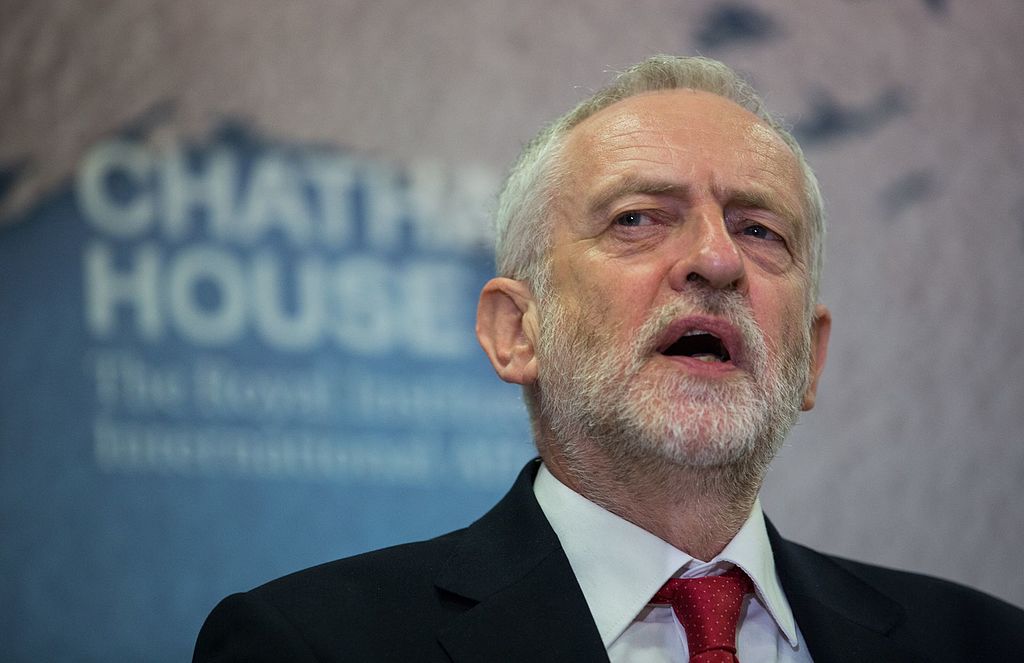
15. Jeremy Corbyn, Labour Member of Parliament (since 1983), Leader of the Labour Party and Leader of the Opposition (2015-2020), United Kingdom
16. John McDonnell, Member of Parliament (since 1997), Shadow Chancellor of the Exchequer (2015-2020), UnitedKingdom
17. Andrew Wilkie, MP,Independent Federal Member for Clark, Australia
18. Gregor Golobic, philosopher, former Minister of Higher Education, Science and Technology, former Secretary General of Liberal Democracy party, former president of Zares party, advisor to former President of the Republic of Slovenia, Dr. Janez Drnovšek, Slovenia
19. Arthur Chesterfield-Evans M.B.,B,S., F.R.C.S.(Eng.), M.Appl.Sci. (OHS), M.Pol.Sci. Ex-Member of Legislative Council New South Wales Parliament, Australia
20. Ögmundur Jónasson, former Icelandic Minister of Interior, Iceland
21. Ron Paul, Former U.S. Congressman from Texas, USA
22. Peter Whish-Wilson, Australian Greens, Senator for Tasmania, Australia
23. Jožef Škol, political scientist, former Minister of Culture, former State Secretary for Culture, first president of the Liberal Democratic Party (LDS), former head of Liberal Democracy, former President of the National Assembly, Slovenia
24. Prof. Slavoj Žižek, philosopher, sociologist, psychologist, psychoanalyst, theologian, politician and cultural critic, author, former member of the Liberal Democratic Party and its candidate for the presidency of the Socialist Republic of Slovenia (1990), Slovenia
25. Carlo Sommaruga, lawyer, Member of Swiss Parliament, Conseiller aux Etats, Switzerland
26. Patrick Breyer, Member of the European Parliament, Member of the Committee on Civil Liberties, Justice and Home Affairs, Germany
27. Marketa Gregorova, Member of the European Parliament, Vice-Chair of the delegation to the Euronest Parliamentary Assembly, Czech Republic
28. Mikuláš Peksa, Member of the European Parliament, Member of the Committee on Industry, Research and Energy, biophysicist, Czech Republic
29. Yanis Varoufakis, Member of the Hellenic Parliament for Athens B, Minister of Finance (2015), former Secretary-General of MeRA25, economist, academic, philosopher, Greece
30. Spomenka Hribar, author, philosopher, sociologist, politician, columnist, public intellectual, co-founder of the Slovenian Democratic Union (1989), former prominent member of the Democratic opposition of Slovenia (Demos), and key figure in the efforts for the independence and democratization of Slovenia, Slovenia
31. Cédric Wermuth, Congressman of the Nationalrat des Schweizerischen Parlaments, Vice President of the Social Democratic Party of Switzerland, Switzerland
32. Enrique Fernando Santiago Romero, Congressman, Secretary-General of the Communist Party of Spain (PCE), lawyer,Spain
33. Clare Daly, Member of the European Parliament, Republic of Ireland
34. Kenneth Wright MacAskill, Member of Parliament, Shadow SNP Spokesperson, Cabinet Secretary for Justice (2007-2014), United Kingdom
35. Eleonora Evi, Member of the European Parliament, Italy
36. Francesca Businarolo, Member of Parliament of Italy, lawyer, Italy
37. Idoia Villanueva Ruiz, Member of the European Parliament, former Senator, Spain
38. Eric Bertinat, Conseiller municipal et chef de groupe UDC Ville de Genève, Président de la commission du lodgement, Ancien président du Conseil municipal,Switzerland
39. Ignazio Corrao, Member of the European Parliament, member of the European Parliament Committee on Development and the European Parliament Committee on Civil Liberties, Justice and Home Affairs,lawyer, Italy
40. Joti Brar, Deputy Leader of the Workers Party of Britain, United Kingdom
41. Gregor Gysi, Member of Parliament of the German Bundestag,lawyer, author, moderator, Germany
42. Guillaume Long, former Permanent Representative of Ecuador to the United Nations Organization,former Minister of Foreign Affairs,Minister of Culture and Heritage, Coordinating Minister of Knowledge and Human Talent, former advisor to the National Secretariat of Planning and Development of Ecuador,France / Ecuador
43. Matthew Robson, former Minister for Courts, Minister of Corrections and Disarmament, Minister for Land Information, Associate Minister of Foreign Affairs, International Association Of Lawyers Against Nuclear Arms (IALANA), New Zealand
44. Michel Larive, Member of the French National Assembly, Member of the Committee for Cultural Affairs and Education, France
45. Mike Gravel, United States Senator (1969-1981), who officially released the Pentagon Papers, former Speaker of the Alaska House of Representatives, presidential candidate (2008 & 2020), United States of America
46. Mirella Liuzzi, Member of Parliament of Italy, Italy
47. Piernicola Pedicini, Member of the European Parliament,Italy
48. Rosa D’Amato, Member of the European Parliament,Italy
49. Txema Guijarro García, Member of the Congress of Deputies, Chair of the Congress’ Committee on Budget, economist, Spain
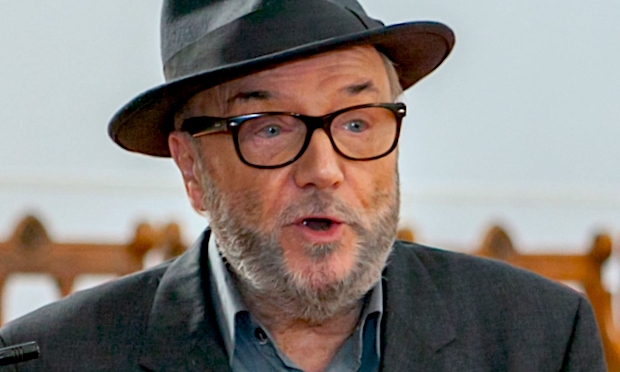
50. George Galloway, leader of the Workers Party of Britain, former Member of Parliament (1987-2009 and 2013-2015), former general secretary of War on Want, writer, broadcaster, United Kingdom
51. Prof. Jadranka Šturm Kocjan, retired Professor of pedagogy and psychology, Member of Parliament (1992-1996), Ambassador in Bucharest (2010-2015), Ambassador in Argentina, Chile, Paraguay, Peru, Uruguay (2015-2019), Slovenia
52. Franco Juri, geographer, journalist, publicist, author, Member of Parliament (1990-93, 2008-11), vice-president of the Zares Party (2011), Ambassador in Spain and Cuba (1993-1997), state secretary at the Ministry of Foreign Affairs (1997-2000), Slovenia
53. Scott Ludlam, Senator (2008-2017), former deputy Leader of the Australian Greens, Australia
54. Adriana Salvatierra, Senator and President of the Senate of Bolivia, Bolivia
55. Alberto Rodríguez Saá, Governor of San Luis Province, lawyer, Argentina
56. Alejandro Navarro, Senator, Professor of Philosophy, Chile
57. Alexandre Padilha, Senator, Minister of Institutional Relations in the Lula administration and Minister of Health under Dilma Rousseff, physician, Brazil
58. Alicia Castro, Argentina’s Ambassador in Russia, former Argentina’s Ambassador to the United Kingdom (2012- 2016), former Bolivarian Republic of Venezuela’s Ambassador to the United Kingdom, Argentina / Venezuela
59. Aloizio Mercadante, former Minister of Science, Technology and Innovation Minister of Educatio, former Chief of Staff of the Presidency of the Republic, former Deputy and Senator, Brazil
60. Andréia de Jesus Silva, State Congresswoman of Minas Gerais State, lawyer, Brazil
61. Áurea Carolina, Federal Congressman of Minas Gerais State, political scientist, Brazil
62. Beatriz Paredes, Senator,former Ambassador of Mexico in Cuba and in Brazil, former Congresswoman and former Governor of the state of Tlaxcala, former President of the Congress of the Union, the Chamber of Deputies and the Senate,Mexico
63. Camilo Lagos, National President of the Progressive Party of Chile and of the Progresa Foundation,Chile
64. Carlos Alfonso Tomada, Legislator of the City of Buenos Aires, lawyer, former Minister of Labor, Employment and Social Security, Director of the Centre for Labour and Development Studies of the National University of San Martín, Argentina
65. Carlos Ominami, former Minister of Economy, former Senator, economist, Order of the Rising Sun award-winner (Japan), Chile
66. Carlos Sotelo Garci?a, former Senator, former Undersecretary of Political Development, Secretary of Image and Propaganda Organization, Government Exercise and Electoral Action, Mexico
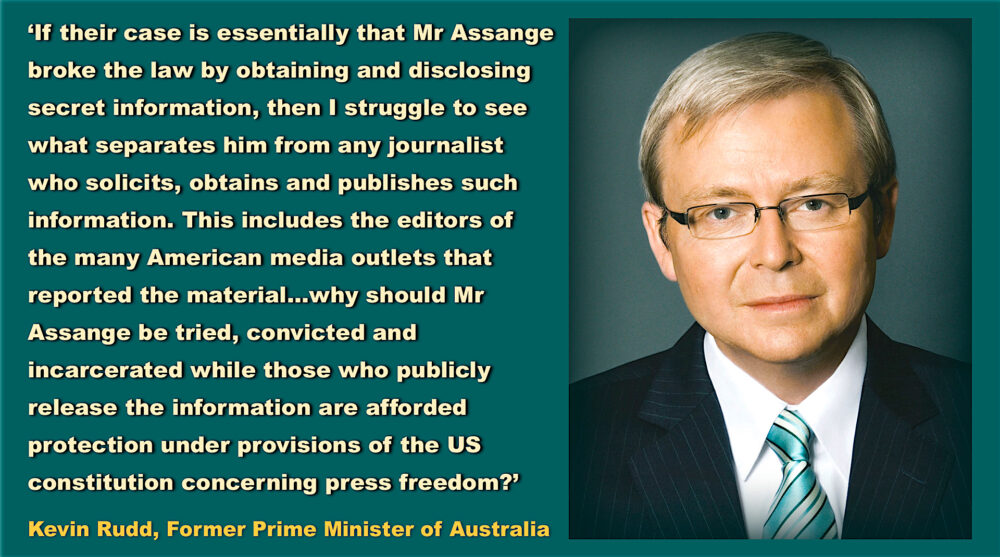
67. Celso Nunez Amorim, former Brazilian Ambassador to the United Kingdom, former Minister of Foreign Relations and former Minister of Defence, Professor of Political Science and International Relations, Brazil
68. Clara López Obregón, former Minister of Labour,former Mayor of Bogotá and former Auditor General of the Republic, lawyer, economist, Professor at the Universidad del Rosario and Universidad de los Andes, Colombia
69. Cuauhtémoc Cárdenas, former Senator for the state of Michoacán and former Head of Government of Mexico City,Mexico
70. Daniel Martinez, former Senator of the Republic and Mayor of Montevideo,former Minister of Industry, Energy and Mining, Uruguay
71. David Choquehuanca, former Foreign Minister of Bolivia,Bolivia
72. David Miranda, Federal Congressman of Rio de Janeiro State, named by named by Time magazine one of the world’s next generation of new leaders (2019), Brazil
73. Edmilson Rodrigues, Federal Congressman of Pará State, former Mayor of Belém, architect, Brazil
74. Elizabeth Gómez Alcorta, Minister of Women, Genders and Diversity, lawyer, Professor, Member of Consejo de la Internacional Progresista, Argentina
75. Esperanza Marti?nez, Senator, former Minister of Public Health and Social Welfare, Paraguay
76. Fabiana Rios, Congresswoman, former Governor of the province of Tierra del Fuego, Argentina
77. Felipe Solá, Congressman, former Minister of Foreign Affairs, former Governor of the Province of Buenos Aires, Argentina
78. Fernanda Melchionna, Federal Congressman of Rio Grande do Sul State, Leader of PSOL in the Federal Chamber of Deputies,Brazil
79. Fernanda Vallejos, Congresswoman, economist, Argentina
80. Fernando Haddad, former Minister of Education, former Mayor of São Paulo, former Chief of staff to the Finance and Economic Development Secretary of the Municipality of São Paulo and Special advisor to the Ministry of Planning, Budget and Management, presidential candidate (2018), lawyer, academic, Professor of Political Science, department of the University of São Paulo, Brazil
81. Ivan Valente, Federal Congressman of São Paulo State, engineer, Brazil
82. Fernando Solanas, Argentine Ambassador to UNESCO, former National Senator, film director, screenwriter, special Honorary Golden Bear at Berlin Film Festival prize winner, Argentina
83. Fidel Ernesto Naváez, former Ecuadorian Consul and First Secretary in the United Kingdom, Ecuador
84. Florencia Juana Saintout, Congresswoman of Buenos Aires Province, former dean of the Facultad de Periodismo y Cominicación Social (UNLP) (2010-2018),Argentina
85. Francisco Durañona, Senator, former Mayor of San Antonio de Areco, Argentina
86. Gabriel Mariotto, former vice Buenos Aires Governor, journalist,Argentina
87. Gabriela Rivadeneira, former President of the National Assembly of Ecuador, former Governor of Imbabura, Ecuador
88. Glauber Braga, Federal Congressman of Rio de Janeiro State, lawyer, Brazil
89. Horacio Chique, Councillor of Moreno FDT, Buenos Aires district, Argentina
90. Jorge Arreaza, Minister of Foreign Affairs of the Bolivarian Republic of Venezuela, Venezuela
91. Jorge Enrique Taiana, Congressman,former Ambassador of Argentina in Guatemala,former Minister of Foreign Affairs, International Trade and Worship, Legislator of the Autonomous City of Buenos Aires, Argentina
92. José Eduardo Cardozo, former Minister of Justice, former Attorney General and Federal Deputy, lawyer,Brazil
93. José Miguel Insulza, Senator, former Secretary General of the Organization of American States, Minister of Foreign Affairs, former Home office Secretary, former Secretary General of the Presidency, former Minister of the Interior, lawyer and Professor of Political Theory at the University of Chile and of Political Science at the Catholic University, Chile
94. Julian Hill, Member of Federal Parliament, Commonwealth of Australia, Australia
95. Karol Cariola, Congresswoman,doctor in medicine, Chile
96. Luiza Erundina, Federal Congresswoman of São Paulo State, former Mayor of São Paulo, sociologist, Brazil
97. Marcelo Brignoni, Chief of Staff of Advisors to the Presidency of MERCOSUR Parliament, former Congressman, Argentina
98. Marcelo Freixo, Federal Congresswoman of Rio de Janeiro State,. Chairman of the Defence of Human Rights and Citizenship Commission on the Rio de Janeiro Legislative Assembly, broadcaster and Professor, Brazil
99. Marco Enríquez-Ominami, former Congressman, founder and former president of Fundación Progresa, filmmaker, France / Chile
100. María Cristina Perceval, former Senator, Permanent Representative of Argentina to the United Nations (2012), Professor of Advanced Epistemology at UNCuyo, Argentina
101. María José Lubertino, former National Congresswoman, President of the Asociación Ciudadana por los Derechos humanos, lawyer, Argentina
102. María Rachid, Congresswoman for the constituency of Buenos Aires, Head of the Instituto contra la Discriminación de la Defensoría del Pueblo de Ciudad Autónoma de Buenos Aires (CABA), vice-president of the National Institute Against Discrimination, Xenophobia and Racism, Argentina.
103. Maximiliano Reyes,Undersecretary for Latin America and Caribbean of the Ministry of Foreign Affairs, former Congressman, Mexico
104. Mónica Xavier, Senator, doctor in medicine, Uruguay
105. Oscar Alberto Laborde, Congressman, President of Mercorsur Parliament (Palasur), Argentina
106. Pablo Bergel, former Congressman for the constituency of Buenos Aires, environmentalist, Argentina
107. Paulo Pimenta, State Congressman of Rio Grande so Sul State, journalist, Brazil
108. Sâmia Bomfim, Federal Congresswoman of Rio de Janeiro State, Brazil
109. Talíria Petrone, Federal Congresswoman of Rio de Janeiro State, Brazil
110. Tarso Genro, former Minister for Justice, International Relations and Education political adviser to Luiz Inácio Lula da Silva, former President of Brazil, former Governor of Rio Grande do Sul, former mayor of Porto Alegre, lawyer, Brazil
111. Tereza Campello, former Minister of Social Development and Fight against Hunger,economist, international consultant on social development and social protection, visiting fellow at University of Nottingham (UK), Professor and research associate at the Oswaldo Cruz Foundation (FIOCRUZ), Brazil
112. Verónika Mendoza, former Congresswoman, former Vice Presidency of the Committee on Culture and Cultural Heritage, Member of the Commission of Andean, Amazonian and Afro-Peruvian Peoples, Environment and Ecology, shift coordinator of the Parliamentary Representation of Cusco, president of the Decentralization Commission, Peru
113. Wadih Damous, Congressman, former President of the Ordem dos Advogados do Brasil (OAB) in Rio de Janeiro, lawyer,Brazil
114. Zoé Robledo Aburto, former Secretary of Human Rights, former Senator and Deputy, Director of the Mexican Social Security Institute, Mexico
Additionally
Kevin Rudd, statement by former prime minister of Australia, 2007-2010; 2013, Australia
Chris Williamson, former British member of parliament, 2010-2015; 2017-2019, United Kingdom
Political Parties
Pirate Party Slovenia, Slovenia
*
Note to readers: please click the share buttons above or below. Forward this article to your email lists. Crosspost on your blog site, internet forums. etc.
Featured image is from Lawyers for Assange













